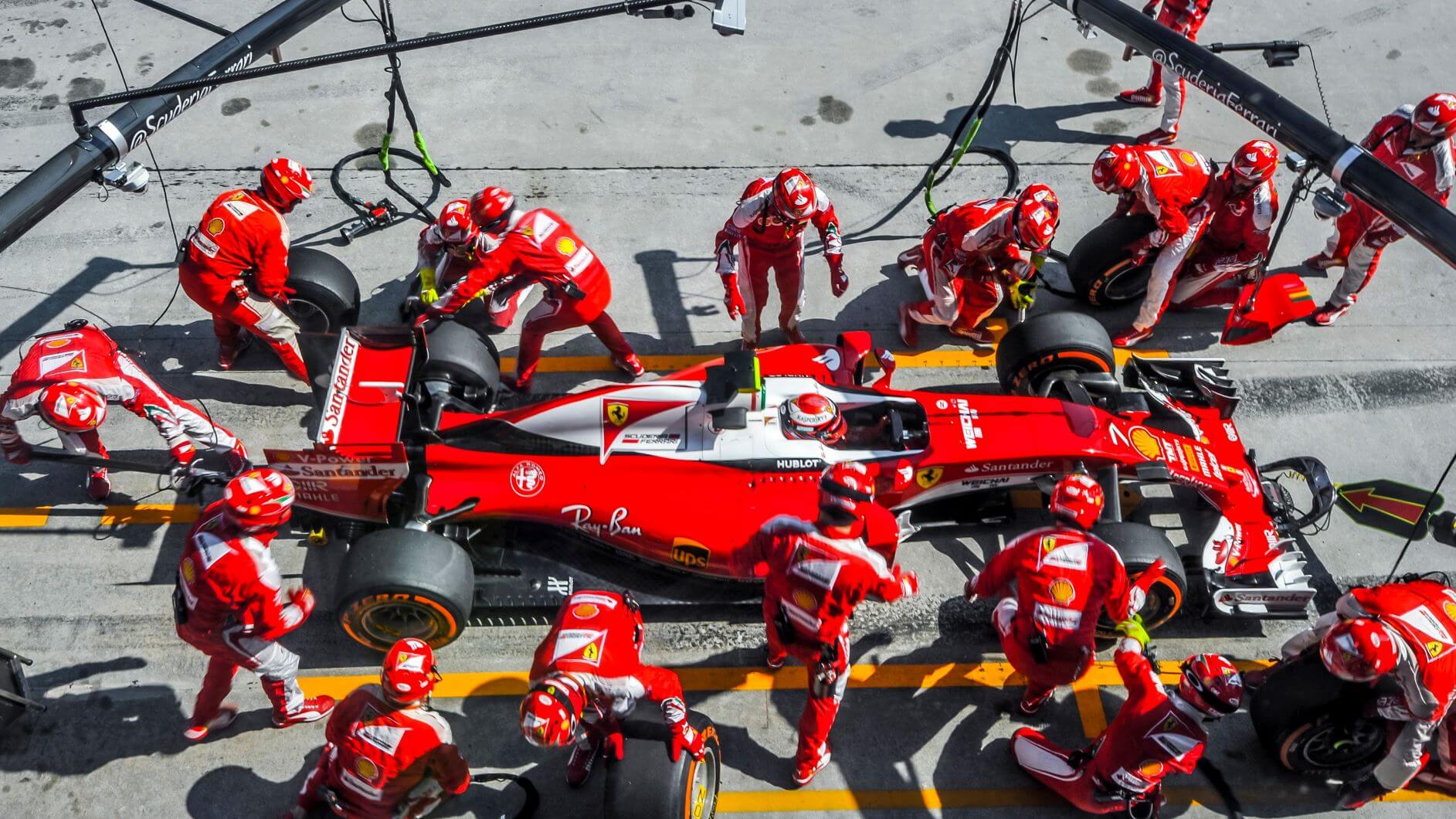How To Keep Teams Motivated During A Crisis
Managers have the especially difficult task of keeping disparate staff engaged

Working from home may be the new normal – at least for now – but that doesn’t mean everyone is making it work for them.
Without the hustle of the workplace, the commute that acts as a barrier between home and work, or at least a moment to step out of the house, it can be especially difficult to switch between the mindset of the workplace and home.
How can we keep from letting home and working life blur into a singularity? Routine plays a huge role; it ensures staff can switch on and off at the right time.
Creating a routine and an agenda for every day, as well as having a separate working space, encourages the right frame of mind. Whether it’s a day packed with calls or dredging through paperwork, approaching it with the right energy is vital.
Maintaining motivation
Team leaders and managers have the especially difficult task of keeping disparate staff engaged. The past months have required me to put into practice all the core elements of leadership.
Central to engaging a team is to recognise the value of each person, and doing what you can to help them feel that recognition. Managers should ensure their team understands what is expected of them and how their work contributes to the bigger picture.
This can be particularly challenging at the moment. Some businesses are finding their work is limited by the pandemic and staff are finding themselves less busy; others are asking task to take on new roles and responsibilities.
Communication plays a huge role in keeping the team together, even when physically apart. Business updates, new projects and developments should be shared with the team so they can see how their work pays off.
It’s easy to focus on the areas that need improving but sharing the wins – big or small - is what makes staff want to do even better. Equally, in uncertain times, business updates are reassuring to staff.
Even if the news isn’t always good, it is better to know the office won’t reopen for several months than to be left in the dark; uncertainty is one of the most stressful states for people to experience. Communication gives staff a sense of security and belonging within their team.
Supporting wellbeing
Wellbeing has rapidly risen on the agenda. A mental health provider found that 69 per cent of employees surveyed felt that the pandemic was the most stressful time of their career. People’s needs have changed and will continue to do so as organisations return to the office.
At first, the working-from-home wellbeing initiatives were novel and fun. Fairly quickly, though, yoga or Zoom pub quizzes ran their course. Support needs to be adaptive and resilient.
Those staff that aren’t as busy as they’re used to or have spent time on furlough may feel they are not contributing value. This is the ideal opportunity to ask them to work on initiatives that both encourage teams to collaborate and support mental health during this stressful period.
There are a whole host of great initiatives being carried out by organisations to use as inspiration, and contributing to the wellbeing of colleagues can be a wonderful feeling.
One of the major impacts of home working is the feeling of isolation that comes from being cut off from the office. Where offices are functioning below maximum capacity, everyone should be given the opportunity to return to the workplace for some time each week.
Of course, this can only happen if the appropriate risk assessments have been followed and the final decision must rest with each individual employee.
Even with social distancing in place, a change of scenery and seeing colleagues can be a real refresher. Regular team calls, even if just for a coffee break, are equally important.
One to one calls and meetings are also a way for managers and leaders to better understand how lockdown is impacting staff on an individual level and whether there are any measures that could be of value.
As with motivating staff, caring for wellbeing is centred on being visible on a daily basis.
With the promising news about vaccines, these last months may feel like a sprint to the end. However, the pandemic has changed the way we see our surroundings and hygiene anxiety could well be a feature of our lives for years to come.
We are unlikely to return to the workplace we left. Hybrid or blended workspaces will be popular, and remote working will remain a large part of daily life. The management techniques that saw us through the pandemic will still be of great value in building teams that are more creative and resilient than ever.
Rachel Houghton is managing director at Business Moves Group (BMG).
Thanks for signing up to Minutehack alerts.
Brilliant editorials heading your way soon.
Okay, Thanks!

